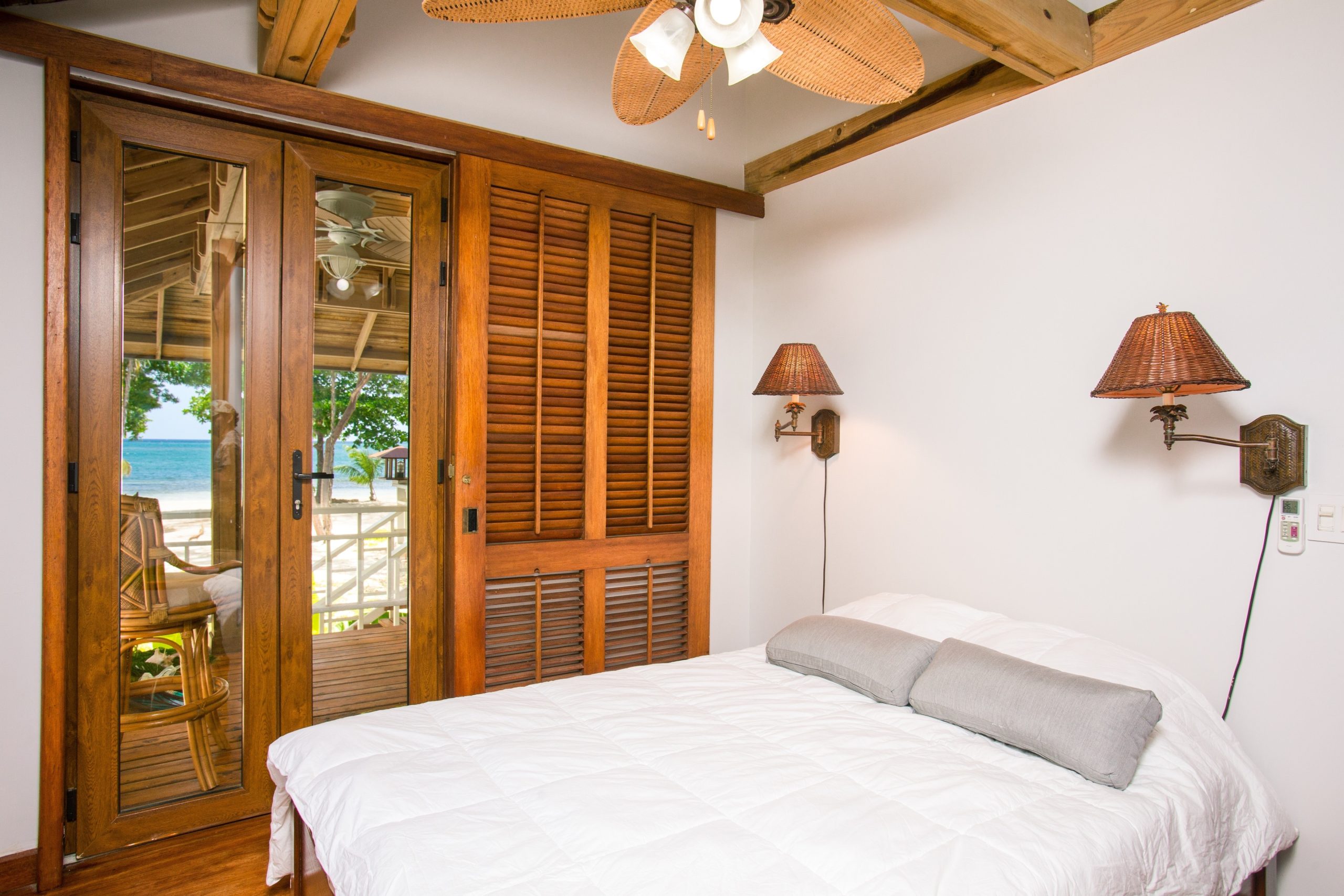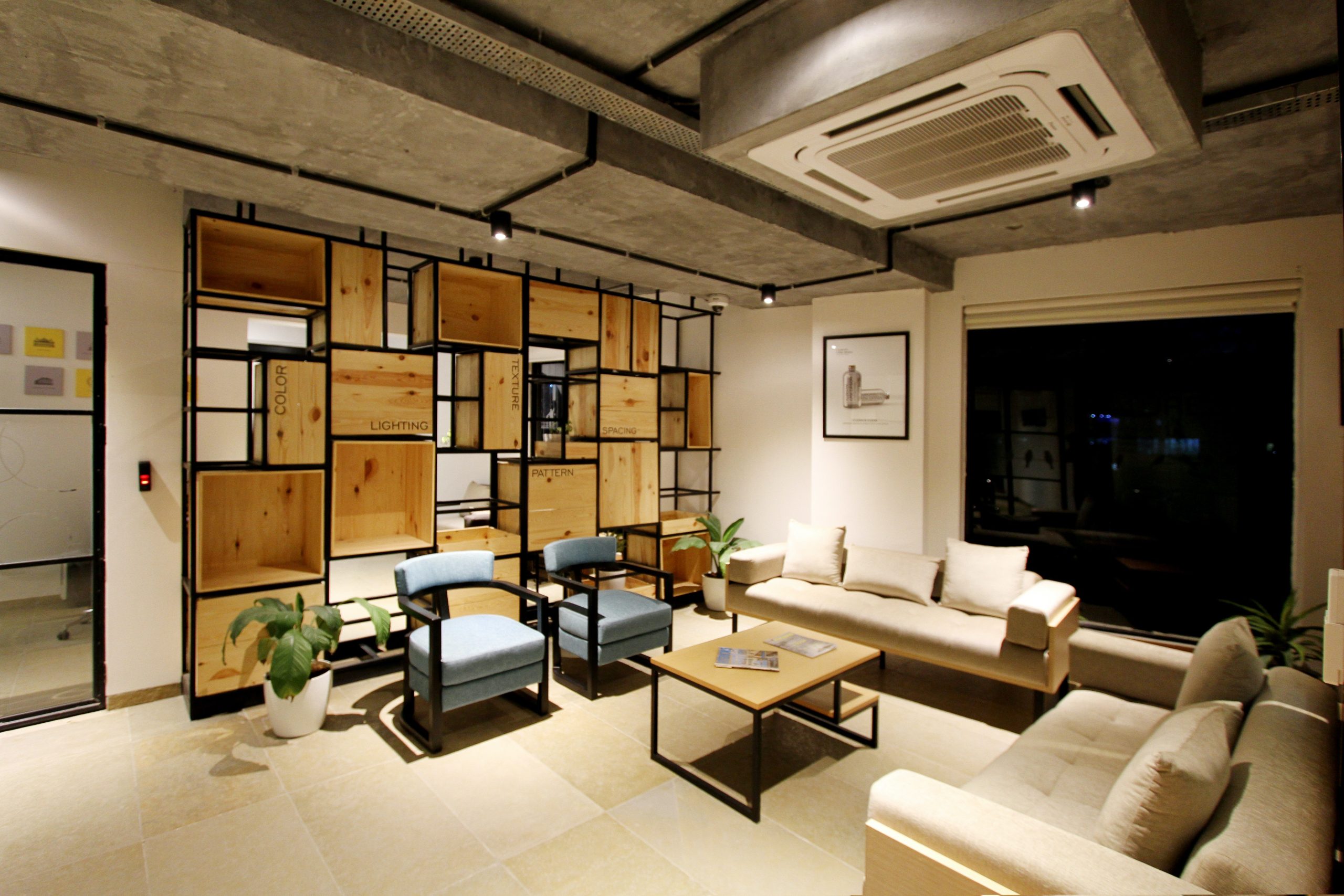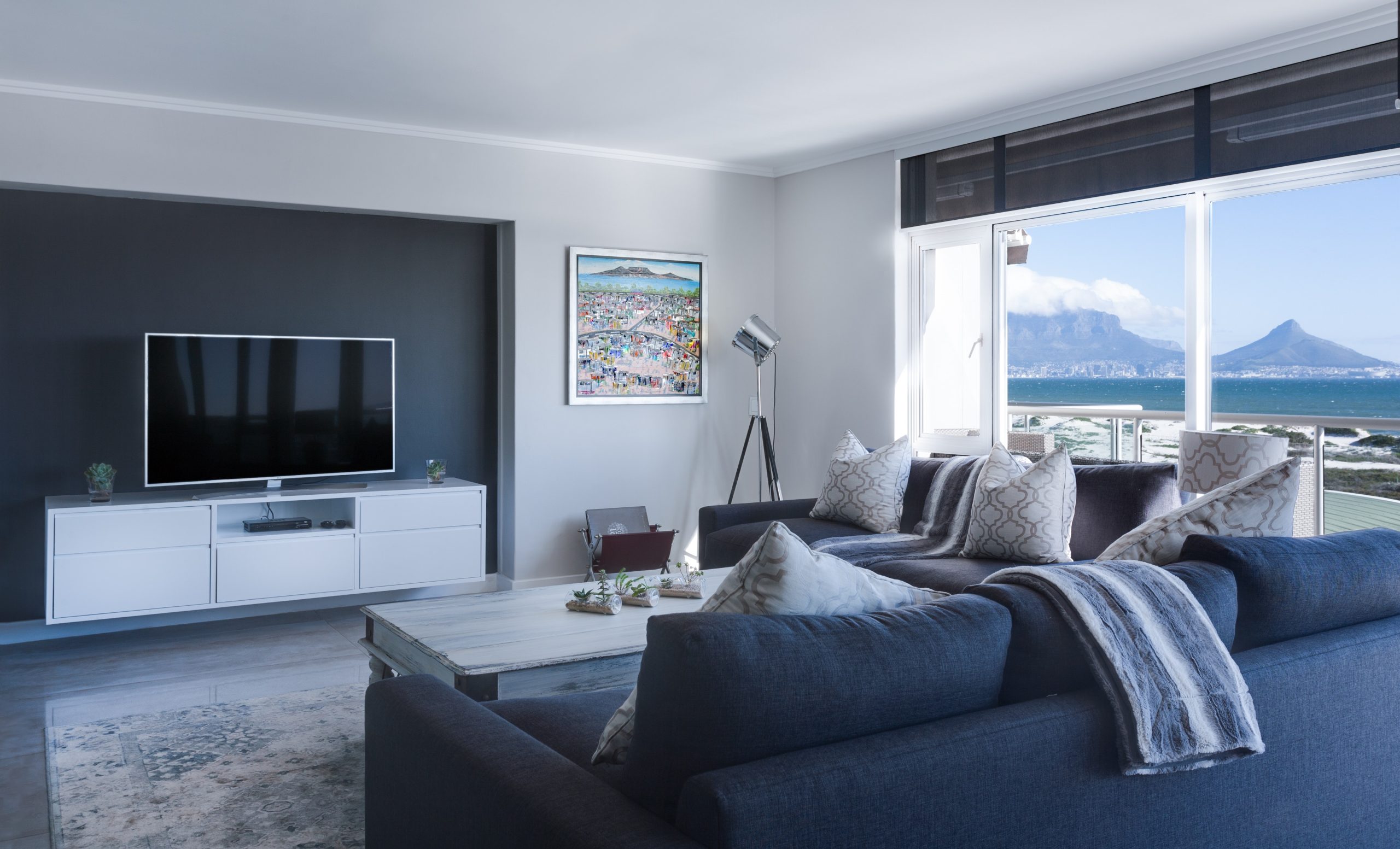Should you rent out your ADU in California?
Whether you should rent out your ADU (Accessory Dwelling Unit) depends on your specific circumstances and goals. Here are some factors to consider:
-
Legal considerations: Before renting out your ADU, it is important to check with your local government to see if there are any regulations or requirements for renting out ADUs. Some cities and states have restrictions on the use of ADUs, so it is important to be aware of these before making any decisions.
-
Financial considerations: Renting out your ADU can provide you with additional income, which can be a good financial decision. However, you should also consider the costs associated with renting out an ADU, such as property taxes, insurance, and any necessary repairs or renovations.
-
Privacy considerations: Renting out your ADU means that you will have a tenant living on your property, which can affect your privacy and quality of life. You should weigh the potential financial benefits of renting out your ADU against the impact it may have on your privacy and daily life.
Personal preferences: Ultimately, the decision to rent out your ADU should be based on your personal preferences and goals. If you are looking for additional income and don’t mind having a tenant on your property, renting out your ADU may be a good choice. However, if you value your privacy and peace and quiet, it may not be the right decision for you.
ADU Rental Considerations
Here are some key considerations to keep in mind when renting out an Accessory Dwelling Unit (ADU):
Legal requirements: Before renting out your ADU, it is important to check with your local government to ensure that you are complying with all relevant laws and regulations. This may include obtaining proper permits, meeting safety standards, and following zoning laws.
Market demand: Research the demand for rental properties in your area to determine if there is a market for your ADU. Consider factors such as the location, size, and amenities of your unit to determine what type of renters may be interested.
Rental income: Determine the fair market rent for your ADU and set a rental rate that is competitive with similar properties in your area. Be sure to factor in the cost of utilities, taxes, insurance, and any necessary repairs or upgrades when setting the rental rate.
Marketing: Consider how you will market your ADU to potential renters. This may include listing your unit on rental websites, advertising in local newspapers or classifieds, or working with a rental property management company.
Property maintenance: As a landlord, you will be responsible for maintaining the ADU and making any necessary repairs. Plan for regular inspections and maintenance to keep the unit in good condition and to minimize the need for major repairs.
Screening tenants: Screen potential tenants carefully to ensure that you are renting to responsible and trustworthy individuals. This may include running background checks, verifying income and employment, and checking references.
Rental agreement: Draft a comprehensive rental agreement that clearly outlines the terms and conditions of the tenancy, including the rental rate, security deposit, payment due date, and any rules or regulations for the property.
California Los Angeles ADU Laws and Regulations
In the city of Los Angeles, California, there are several laws and regulations that apply to Accessory Dwelling Units (ADUs), also known as granny flats. Here are some key considerations for building and renting out an ADU in Los Angeles:
Permits: In Los Angeles, you must obtain a building permit from the Department of Building and Safety before constructing an ADU. The permit process includes a review of plans, an inspection of the unit, and the issuance of a certificate of occupancy.
Zoning laws: Los Angeles has specific zoning laws that regulate the construction of ADUs. This includes restrictions on the size of the unit, the maximum number of units allowed on a property, and the minimum distance required between the ADU and the main dwelling.
Parking requirements: In Los Angeles, ADUs must have a designated off-street parking space. The city requires one parking space for the main dwelling and one space for the ADU.
Building codes: Los Angeles has strict building codes that must be followed when constructing an ADU. This includes codes for electrical, plumbing, and heating systems, as well as accessibility requirements for people with disabilities.
In conclusion, building and renting out an ADU in Los Angeles requires compliance with various laws and regulations. Before beginning the process, it is important to familiarize yourself with the specific requirements in your area to ensure a smooth and successful outcome.
Finding Good Tenants
Finding good tenants for your Accessory Dwelling Unit (ADU) is crucial for a successful rental experience. Here are some tips for finding responsible and trustworthy tenants for your ADU:
Advertise effectively: Advertise your ADU through multiple channels, such as online rental websites, classified ads, and local newspapers. Make sure to include detailed information about the unit, including its size, location, and amenities, and high-quality photos.
Screen tenants thoroughly: Screen potential tenants by conducting background checks, verifying employment and income, and checking references. This will help you identify responsible and trustworthy tenants who will take good care of your property.
Set clear expectations: Clearly communicate your expectations for the tenancy, such as payment due dates, rules for the property, and the consequences of violating the terms of the lease.
Offer incentives: Consider offering incentives to attract good tenants, such as flexible lease terms, rent discounts, or waived security deposits.
Meet with potential tenants: Schedule a face-to-face meeting with potential tenants to get to know them better and assess their suitability for the tenancy. During the meeting, you can discuss their needs and answer any questions they may have about the property.
Trust your instincts: Trust your instincts when evaluating potential tenants. If something doesn’t seem right, it may be best to continue your search for the right tenant.
In conclusion, finding good tenants for your ADU requires careful planning and effort. By advertising effectively, screening tenants thoroughly, setting clear expectations, offering incentives, and trusting your instincts, you can increase your chances of finding responsible and trustworthy tenants for your property.
What to Include in Your Rental Agreement
In California, a rental agreement for an Accessory Dwelling Unit (ADU) should include the following key terms and provisions:
Names of the parties: The names of the landlord and tenant should be clearly listed in the rental agreement.
Description of the property: The agreement should include a description of the ADU, including its location, size, and any included amenities.
Term of the tenancy: The rental agreement should specify the start and end date of the tenancy, as well as the length of time the tenant is committed to rent the ADU.
Rent amount and payment terms: The rental agreement should include the amount of rent due each month and the due date, as well as any late fees and payment procedures.
Security deposit: The rental agreement should specify the amount of the security deposit and any conditions for its return at the end of the tenancy.
Maintenance and repair obligations: The rental agreement should outline the landlord’s and tenant’s obligations for maintaining and repairing the ADU during the tenancy.
Use of the property: The rental agreement should specify the permitted uses of the ADU and any restrictions on the tenant’s use of the property.
Utilities: The rental agreement should specify who is responsible for paying for utilities, such as electricity, gas, water, and sewer.
Termination of the tenancy: The rental agreement should include provisions for terminating the tenancy early, including any notice requirements and the conditions under which the tenancy may be terminated.
Signature lines: The rental agreement should have signature lines for both the landlord and the tenant, indicating their agreement to the terms of the tenancy.
In conclusion, a comprehensive rental agreement for an ADU in California should include these key terms and provisions to ensure that the rights and obligations of both the landlord and tenant are clearly defined. It is important to consult with a knowledgeable attorney or legal resource to ensure that your rental agreement complies with all relevant laws and regulations.
How Much Can You Rent Your ADU Out For In California ?
The amount you can rent your Accessory Dwelling Unit (ADU) for in Los Angeles, California, will depend on a variety of factors, including the location, size, and condition of the ADU, as well as the local rental market. Some other factors to consider include the cost of utilities, any included amenities, and the type of tenancy (long-term or short-term).
In general, the rental rate for ADUs in Los Angeles can range from a few hundred dollars per month for a small unit to several thousand dollars per month for a larger, more luxurious unit. To determine the most competitive rental rate for your ADU, you can conduct market research by looking at comparable properties in the area and considering the prices of similar units.
It’s important to note that local laws and regulations may limit the amount of rent you can charge for an ADU. For example, some cities in California have imposed rent control measures that limit the amount of rent a landlord can charge, regardless of market conditions. You should check with local authorities to determine if there are any restrictions on the amount of rent you can charge for your ADU.
In conclusion, the amount you can rent your ADU for in Los Angeles, California, will depend on a variety of factors and the local rental market. It’s important to conduct market research, consider the cost of utilities and any included amenities, and be aware of any local laws and regulations that may impact the rental rate you can charge.
Potential Recurring Expenses for Landlords
As a landlord of an Accessory Dwelling Unit (ADU) in Los Angeles, California, there are several recurring expenses you will need to budget for:
Property Taxes: You will need to pay property taxes on the ADU, which will likely be a significant expense each year.
Utilities: Depending on your rental agreement, you may be responsible for paying for utilities such as electricity, gas, water, and sewer for the ADU.
Maintenance and Repairs: Regular maintenance and repairs to the ADU will be necessary to keep the unit in good condition and to prevent costly repairs down the road. This can include routine tasks like cleaning, painting, and fixing any broken appliances or fixtures.
Insurance: You will need to carry liability insurance to protect against any damage to the ADU, as well as to protect yourself against any liability for injury to tenants or others.
Professional Services: You may need to hire a property management company or a handyman to help you manage the day-to-day operations of the ADU, or to perform maintenance and repairs as needed.
Marketing and Advertising: To attract new tenants, you may need to spend money on marketing and advertising, such as listing the ADU on rental websites or placing ads in local newspapers.
Legal and Accounting Fees: You may need to consult with a lawyer or an accountant to ensure that you are in compliance with all relevant laws and regulations, and to keep accurate records of your rental income and expenses.
In conclusion, as a landlord of an ADU in Los Angeles, California, you will need to budget for these recurring expenses to ensure the success and profitability of your rental property. It’s important to consider each expense carefully and make an informed decision to help minimize your costs and maximize your profits.
Does an ADU Affect Your Property Tax In California?
Yes, an Accessory Dwelling Unit (ADU) can affect your property tax in California.
In California, the property tax is based on the assessed value of the property, which is determined by the local county assessor. The assessed value is used to calculate the property tax, which is then used to fund local government services like schools, roads, and public safety.
When you add an ADU to your property, it increases the overall assessed value of the property, which can result in a higher property tax bill. However, the extent to which the ADU will affect your property tax will depend on a variety of factors, including the size of the ADU, the local real estate market, and the local property tax rate.
It’s important to note that property taxes can change each year based on changes in the assessed value of the property, so it’s a good idea to stay informed about any changes to your property tax bill. Additionally, if you have any questions or concerns about how the ADU may affect your property tax, you should contact your local county assessor’s office for more information.
In conclusion, an ADU can affect your property tax in California, but the extent to which it will affect your property tax will depend on a variety of factors. It’s important to stay informed about changes to your property tax bill and to contact your local county assessor’s office with any questions or concerns.
How Much Can You Profit From ADU in California?
The amount of profit you can make from an Accessory Dwelling Unit (ADU) in California will depend on a variety of factors, including the location, size, and condition of the ADU, as well as the local rental market. Some other factors to consider include the cost of construction and any necessary renovations, the cost of utilities, and the amount of rent you can charge.
In general, the rental rate for ADUs in California can range from a few hundred dollars per month for a small unit to several thousand dollars per month for a larger, more luxurious unit. To determine the most competitive rental rate for your ADU, you can conduct market research by looking at comparable properties in the area and considering the prices of similar units.
It’s important to note that local laws and regulations may limit the amount of rent you can charge for an ADU. For example, some cities in California have imposed rent control measures that limit the amount of rent a landlord can charge, regardless of market conditions. You should check with local authorities to determine if there are any restrictions on the amount of rent you can charge for your ADU.
In terms of profit, the amount you can make from an ADU will depend on the amount of rent you can charge, minus the cost of utilities, any necessary repairs and maintenance, and any other expenses associated with being a landlord.
In conclusion, the amount of profit you can make from an ADU in California will depend on a variety of factors, including the location, size, and condition of the ADU, as well as the local rental market and the amount of rent you can charge. It’s important to conduct market research, consider all the costs associated with being a landlord, and be aware of any local laws and regulations that may impact the rental rate you can charge.
The Process From Imagination to Realization
You place an order and our manager contacts you to clarify the information within 10 minutes.
We meet with you at the facility, understand your wants and needs, then conclude a contract, approve the scope of work and estimate for the facility.
We generate a pre-design checklist and the design department begins to develop a conceptual solution.
We working on the blueprints, engineering review and calculations as needed.
Working on the selection and creation of material, fixtures, appliances list and placing the order
Approval and signing of the master plan.
Puling all necessary permits from the city
A high-quality performance crew begins to work on the project (time depends on volume).Work is conducted according to your plan and timescale with no delays.
Consistent work on providing high-quality service. Performing great communication with customers and meeting all the project goals.
We taking care of the panch list by the end and sign the compilation form. Work is completed professionally and your dream home comes true!
All work done by Level Up carries a warranty of one year!
5 out of 5 (100%) reviewers recommend this product
What Our Customers Say




Top Name Brands In The Industry
meet our partners






